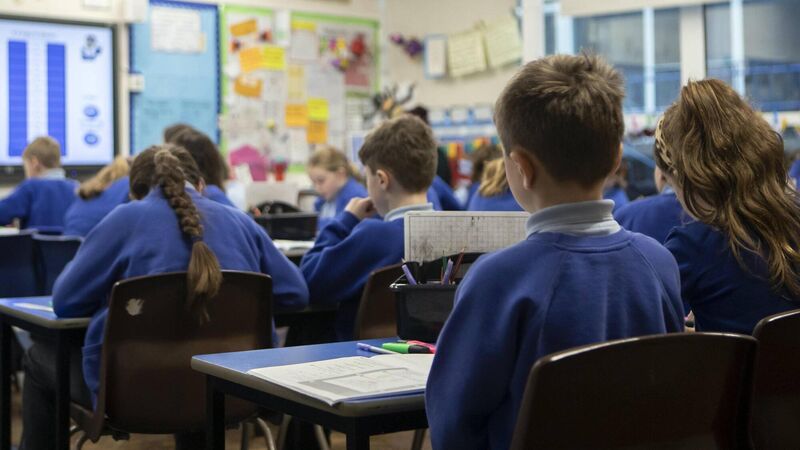Any of those still clinging to the fanciful notion that Ireland does not have a class system should take a moment to review the latest findings from the Economic and Social Research Institute (ESRI) on growing up in Ireland. Children from poorer families are likely to be less healthy, overweight or obese and feel less positive about school.
The study, a long-term project that tracks children at various stages of childhood, also found a “significant” gap in reading test scores based on children’s backgrounds. Children from high-income households scored some 10% higher than those from disadvantaged backgrounds.
Already a subscriber? Sign in
You have reached your article limit.
Subscribe to access all of the Irish Examiner.
Annual €130 €80
Best value
Monthly €12€6 / month
Introductory offers for new customers. Annual billed once for first year. Renews at €130. Monthly initial discount (first 3 months) billed monthly, then €12 a month. Ts&Cs apply.
CONNECT WITH US TODAY
Be the first to know the latest news and updates

















